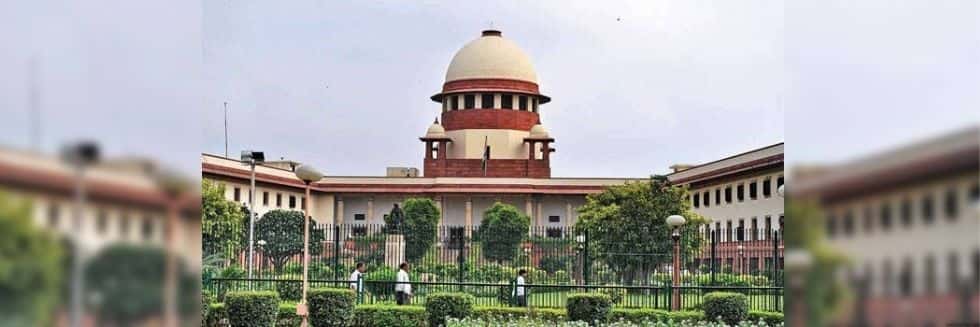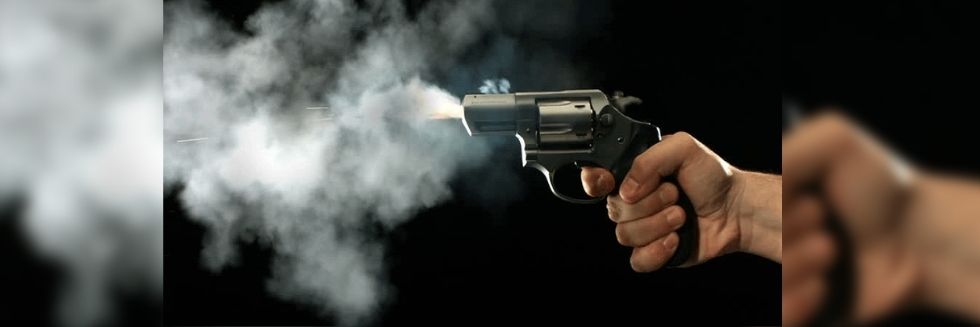Noting that it is not a “rarest of the rare case”, Supreme Court commuted the death sentence of a man convicted of raping and killing a 4-year-old girl.
Three judge bench headed by Justice UU Lalit, also comprising Justice S Ravindra Bhatt and Justice Bela Trivedi, noted that the only difference between a saint and a sinner is that every saint has a past and every sinner has a future.
The bench noted that this case did not fall under the category of “rarest of rare”.
Referring to the Shatrughna Baban Meshram vs. State of Maharashtra case, the bench stated that considering the fact that the accused had not consciously caused any injury with an intent to extinguish the life of the victim, the apex court had commuted the sentence of the death penalty to the life imprisonment.
“The facts and circumstances of the case on hand are similar to the case of Shatrughna Baban Meshram with one distinction in that, Section 376A of IPC being applicable in the instant case Considering the above, we, while affirming the view taken by the courts below with regard to the conviction of the appellant for the offences charged against him, deem it proper to commute, and accordingly commute the sentence of death for the sentence of imprisonment for life, for the offence punishable under Section 302 IPC,” the bench said.
The court had also reduced a separate sentence of life imprisonment to 20 years of life imprisonment for the offence of rape.
Invoking Oscar Wilde, the bench noted, “The only difference between the saint and the sinner is that every saint has a past and every sinner has a future. One of the basic principles of restorative justice as developed by this Court over the years, also is to give an opportunity to the offender to repair the damage caused, and to become a socially useful individual, when he is released from jail. The maximum punishment prescribed may not always be the determinative factor for repairing the crippled psyche of the offender. Hence, while balancing the scales of retributive justice and restorative justice, we deem it appropriate to impose upon the appellant-accused, the sentence of imprisonment for a period of twenty years instead of imprisonment for the remainder of his natural life for the offence under Section 376A of the Indian Penal Code (IPC).”
As per the prosecution, the accused who was a labourer at Jhabua Power Plant had gone to the victim’s house to seek temporary accommodation.
The victim’s mother refused to accommodate him and asked him to leave. The accused sat in the courtyard. After some time, he took the 4-year-old victim and her elder brother with him, purchased some bananas and gave it to the victim’s brother.
Then, he took the victim to a secluded place and committed rape on her and killed her.
A Session Court in Seoni sentenced him to death and a co-accused was sentenced to life imprisonment for kidnapping the victim.
Madhya Pradesh High Court at Jabalpur upheld Session Court’s decision on July 15, 2014.
The apex court bench has stated that the prosecution has successfully established its case. Also, the bench noted that the “last seen theory” was confirmed by the victim’s mother, her brother and the fruit vendor, who testified to have seen the accused taking the victim along with him.
However, the accused contended that he didn’t get the fair opportunity in the Session Court as well as in the High Court.
On which, the top court noted, “We may hasten to add at this stage that right to fair and speedy trial applies as much to the victim as the accused. Right to get speedy justice applies to the victim as well. Hence, considering the gravity and seriousness of the crime, if the trial is expedited by the Court, it could not to be said that such trial was not fair to the accused. Though it is true that the ‘Equality, Justice and Liberty’ is the trinity of fair trial recognised in the administration of justice, it is equally true that such a concept of fair trial entails triangulation of interest of the accused, the victim and the society at large. In the overzealous approach to protect the rights of the accused, the rights of the victim who is the most aggrieved should not be either undermined or neglected.”
While commuting the sentence to life imprisonment and noting that it was not the rarest of the rare case, the bench stated, “Once again one of the most barbaric and ugly human faces has surfaced. A tiny bud like girl was smothered by the appellant before she could blossom in this world. The monstrous acts of the appellant suffocated the victim to such an extent that she had no option but to leave this world. Once again, all the Constitutional guarantees have failed to protect the victim from the clutches of the demonizing acts of the appellant. In the opinion of the Court, any sympathy shown to the appellant would lead to miscarriage of justice. However, it has been brought to the notice of this Court that in a series of judgments, this Court has not treated such case as the rarest of rare case.”






